Have you ever had one of those nights when you are lying in your bed but can’t sleep because you wonder if a piano can be classified as a string instrument? In the odd coincidence that you have, we will try to answer that question. Is the piano a string instrument?
The piano is a tricky musical instrument. You can classify it as a string instrument because the strings inside are the ones producing sound. On the other hand, it can also be a percussion instrument because hammers strike the strings to make them vibrate.
Read on to find out more on whether a piano is a string instrument or not.
Is a Piano a String Instrument?
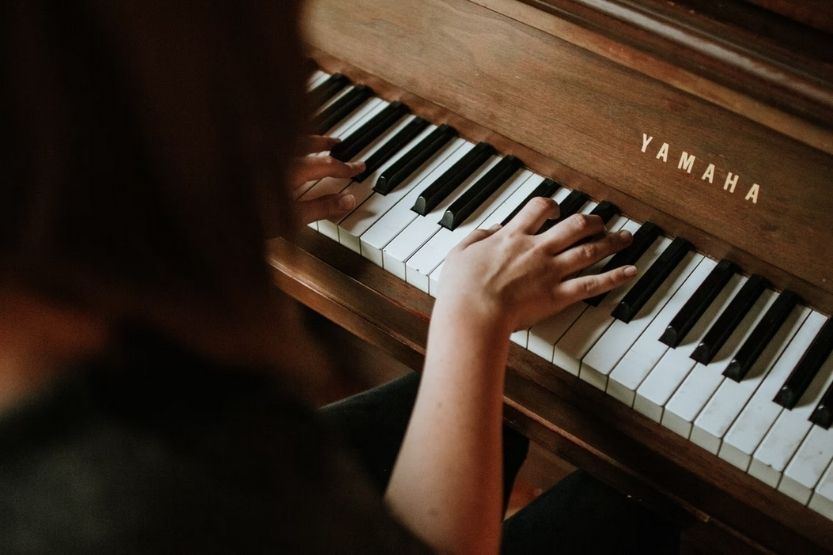
The straightforward answer to this question is in the Hornbostel-Sachs classification system of musical instruments. This classification system was first conceived in 1914 by Erich Moritz von Hornbostel and Curt Sachs. It grouped all known instruments into one of five different categories.
In the Hornbostel-Sachs classification system, the piano falls into the chordophone family of instruments. They are the ones that produce sounds through vibrating strings. However, technically, the piano can also fall under the percussion group of instruments. The reason is that you have to strike the strings to make sounds.
Why Is Piano Considered a String Instrument?
Before we go into more details of this argument, let us define what a string instrument is. String instruments, also called stringed instruments or chordophones, produce sound by vibrating either one or multiple strings.
You can play the strings either by plucking using the fingers or by rubbing. Some of the most popular string instruments include the following:
- Guitars,
- Violins,
- Harps,
- Cellos, and
- Pianos.
So, is the piano a string instrument? For this reason, there are hundreds of strings inside the piano’s body, all arranged intricately. In addition, tuning a piano is pretty much like tuning a guitar. This means you need to tighten or loosen the strings so they can produce the right tones.
Why Is Piano Considered a Percussion Instrument?
If a piano produces sound through vibrating strings, why do people also consider it a percussion instrument?
What is a percussion instrument anyway? Any instrument that produces sound when you hit, shake, or scrape its surfaces is a percussion instrument. Most percussion instruments have the goal of providing the beat of a certain piece.
Now, why is a piano technically a percussion instrument? The argument behind this is that even though a piano relies on its fixed strings for producing sounds, it won’t activate unless felt-covered hammers hit them.
Some people would counter this argument by saying that percussion instruments don’t have a tune or pitch. However, it is also possible to counter this by citing percussion instruments like the xylophone and the marimba.
Is Piano a String or Percussion Instrument?
So, which is it? Is the piano a string instrument, or is it percussion? Technically, it is both. However, it’s much more complicated than that. If you think about it, the piano is also a keyboard instrument. This classification also covers a lot of different instruments. Some examples of keyboards include organs and harpsichords.
However, if you remove the keyboard from the equation, the one left will be a “hammered dulcimer.” It is the instrument that inspired the creation of the piano.
Check out my latest article here: Instruments Like Piano: A Guide to Similar Alternatives
A Brief History of Piano
Bartolomeo Cristofori
Bartolomeo Cristofori, a famed Italian harpsichord maker, invented the first piano in 1700. During this time, the piano was considered a revolutionary instrument. The reason is that it was the first keyboard instrument capable of playing loud and soft sounds. Pianoforte, which the piano was first called, is an Italian word meaning “soft-loud.”
Piano-making Flourished During the 18th Century
Piano-making further flourished during the 18th century. Pianos back then were made using wooden frames, two to three strings per note. They also used leather to cover the hammers.
Piano Makers Started Using Felt in 1826
In 1826, piano makers started to use felt because it is more consistent in texture than leather. This permitted the piano to produce wider dynamic ranges. The reason is that it promotes ease in creating gradually increasing hammer weights.
Determining the Cost of a Piano
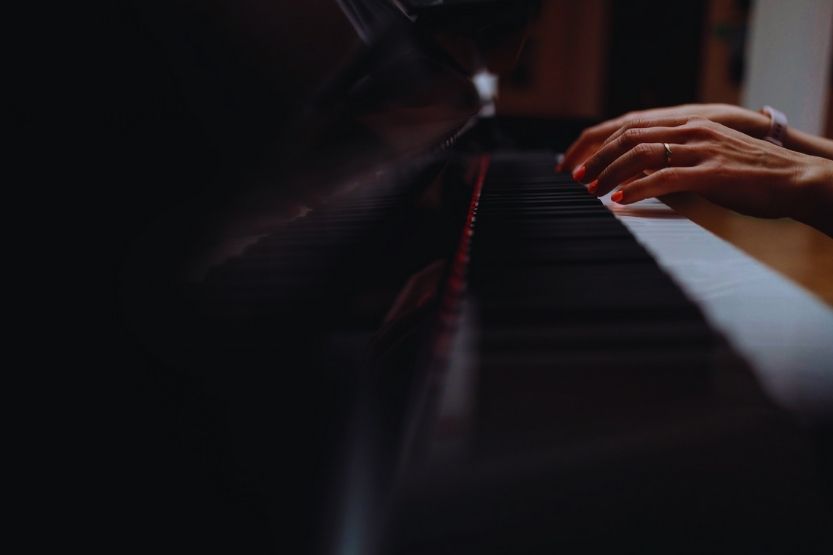
Are you shopping around for a piano? If so, then you may be wondering why there’s such a difference in price between them. Many factors affect the prices of pianos, including:
1. Brand
Some piano brands are more expensive than others. Just like in any other industry, the possible reasons are brand recognition and reputation. If you want to buy a piano from a known and popular brand, prepare to spend a lot more money.
Just like with other products, if it is associated with a renowned brand, you are essentially guaranteed high quality. This, therefore, warrants a higher price. This does not necessarily mean you cannot expect the same kind of quality from other piano makers. It only means that you are not assured of it, like getting one from a top brand.
2. Materials Used
A modern grand piano has over 10,000 moving and non-moving parts. This means that there will be a lot of parts subjected to wear and tear. The quality of the materials used will greatly affect the overall longevity of the instrument. Also, quality materials come at a premium price.
In acoustic pianos, the materials used are included in the final price:
- Type of hardwood – for the cabinet,
- Metal- for the hardware, and
- Felt – used to cover the hammers.
Every little bit adds to the price. The processing and assembly of the materials will also add quite a bit to the price. This is especially true for handcrafted piano.
There is not that much of a discrepancy in the quality of materials in digital pianos. However, the top brands use higher quality plastics. They also construct them so that the keys weigh and feel like those on an acoustic piano. All these elements combined drive up the price of a piano.
3. Size
Larger pianos come at a more premium price. The main reason is that they require the use of more parts and materials. They are also more complicated to make. More often than not, the larger grand pianos need entirely different materials from the upright ones. Such components are generally more expensive.
4. Current Market Condition
Public sentiment regarding pianos can also play a huge role in the prices of pianos, especially brand-new ones. If for some reason, pianos suddenly became popular, the sudden spike in interest will also cause their prices to rise automatically.
You can also consider the model of the piano. Most brands will lower the price of their older model pianos whenever they introduce a newer and more improved model. The newer models will usually be more expensive than the older ones. The reason is that they have newer (but not necessarily better) designs, more features, and improved quality.
How Much Does a Used Piano Cost?
All brand-new pianos, regardless of the brand, will typically be expensive. If you don’t have a sizeable budget, then consider getting a second-hand piano instead. You can get a pretty good deal for a used piano if you know what to look for.
How Much Does a Brand New Piano Cost?
If you’re thinking of getting a brand-new piano, prepare to spend a lot of money. An entry-level, no-name brand upright piano can cost anywhere between $3000 to $6500. Meanwhile, a top branded upright can set you back $10,000 to $25,000.
If you think of getting a grand piano, entry-level models cost around $7000 to $30,000. On the other hand, top branded grand pianos will cost anywhere between $100,000 to $200,000. Moreover, you will need to have a big living room as these things are massive.
Again, is the piano a string instrument? Classifying the piano is tricky. You can classify it as a string instrument since the strings are the ones producing the sound. However, you can still classify it as a percussion instrument since the hammer makes the strings vibrate.
Can You Get a Piano for Free?
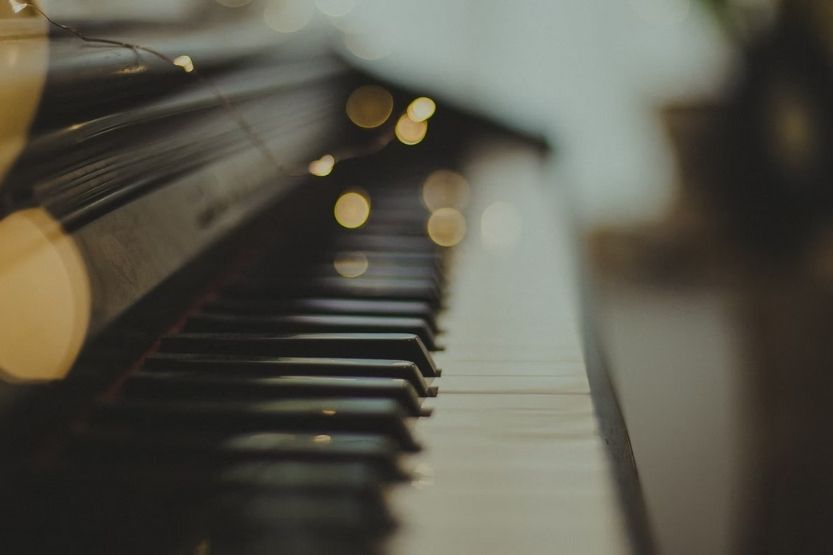
Check Around Your Neighborhood If Someone Is Looking Into Disposing a Piano
It might sound unbelievable, but it’s possible to get a piano for free. Check around your neighborhood if someone is looking into disposing of their piano. There are times when they are more than happy enough to get that hulking piece of furniture out of their homes.
Maintenance or Repair Is Not Free
The tricky part is that the piano you are getting for free might not be in the best condition. This might end up costing you more money in the end. If, on the other hand, the piano you got for free is in a rather good condition, then it might be worth your while to get it. The only problem you see, in this case, may be its appearance.
Let’s talk about brands again for a while. If the used piano came from a lesser-known brand, then it might not have a long lifespan, to begin with. It might already have deteriorated too much inside.
Moving the Piano Will Also Cost You
Even if you get it for free, you will still be paying for moving and disposal later. Now, if it is from a known brand, you can take your chances and hope that it still works. You may also hope that it only needs minor repairs.
If you are a total beginner and are unaware of how to assess the condition of a piano, take a friend who knows about this kind of stuff with you. This is especially useful if you buy a second-hand piano and not just collect someone else’s old one.
How Much Does Owning a Piano Will Cost You?
Now that you know how much people charge for pianos these days, it is time to decide how much you will spend on it. This should not be just a matter of money as you will need to spend other things:
Commitment
This is the most important thing that you need to consider before buying a piano, brand-new or otherwise. If you are unsure if you can commit to practicing the piano for at least an hour a day, then it may not be a good idea to buy one. You will only waste money on an expensive piece of furniture that takes a lot of space in your home.
Digital Pianos Are Cheaper
If that’s the case, you should get a digital piano. It does not cost as much as a real one. It is also compact and easy to move around. Most modern digital pianos also come with weighted keys, so it feels like you are playing the real thing.
Budget
Set a budget before buying this instrument. You should spend your money wisely. This means you should avoid blowing your entire savings to get your hands on a piano. If you cannot afford a brand-new piano, search for a used one still in relatively good condition.
How Long Does It Take to Learn How to Play the Piano?
Build Your Piano Playing Technique
If you are an absolute beginner, you might wonder how long you will need to practice to master the instrument. First, you have to build your piano playing technique. These include finger strength, dexterity, and the ability to play all the 12 major scales without missing a beat.
Practice for at Least 10 Minutes
If you practice for at least 10 minutes a day for 5 to 6 days a week, you will have a solid grasp of the fundamentals. In that case, you can probably play a couple of songs after around 12 weeks.
Practice for at Least 6 Months
If you want to be good enough to learn to play by ear, at least 6-month practice is necessary. As mentioned earlier, you will need commitment and discipline if you want to be a good pianist.
Conclusion – Is the Piano a String Instrument?
The piano can be tricky to categorize. Some people say that it is a string instrument because the strings inside the case are the ones that produce the sounds. Others insist it is a percussion instrument because of the tiny hammers that strike the strings.
This debate might not get a resolution anytime soon. However, if it helps you clear your mind, musical experts believe that the piano is a percussive string instrument, which is just them coming to a compromise.
Related reading:
How Much Does a Grand Piano Cost?
Yamaha Baby Grand Pianos Specs and Review
How Many Keys Does a Piano Have? [Standard, Grand, Baby, Digital]





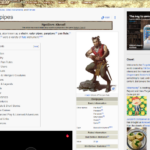
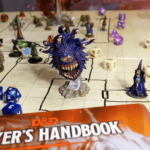
![Read more about the article Yamaha Digital Pianos [Specs and Reviews]](https://musicalinstrumentpro.com/wp-content/uploads/2021/09/Yamaha-Digital-Pianos-300x200.jpg)

![Read more about the article Yamaha Hybrid Pianos [Specs and Review]](https://musicalinstrumentpro.com/wp-content/uploads/2021/08/Yamaha-Hybrid-Pianos-300x200.jpg)